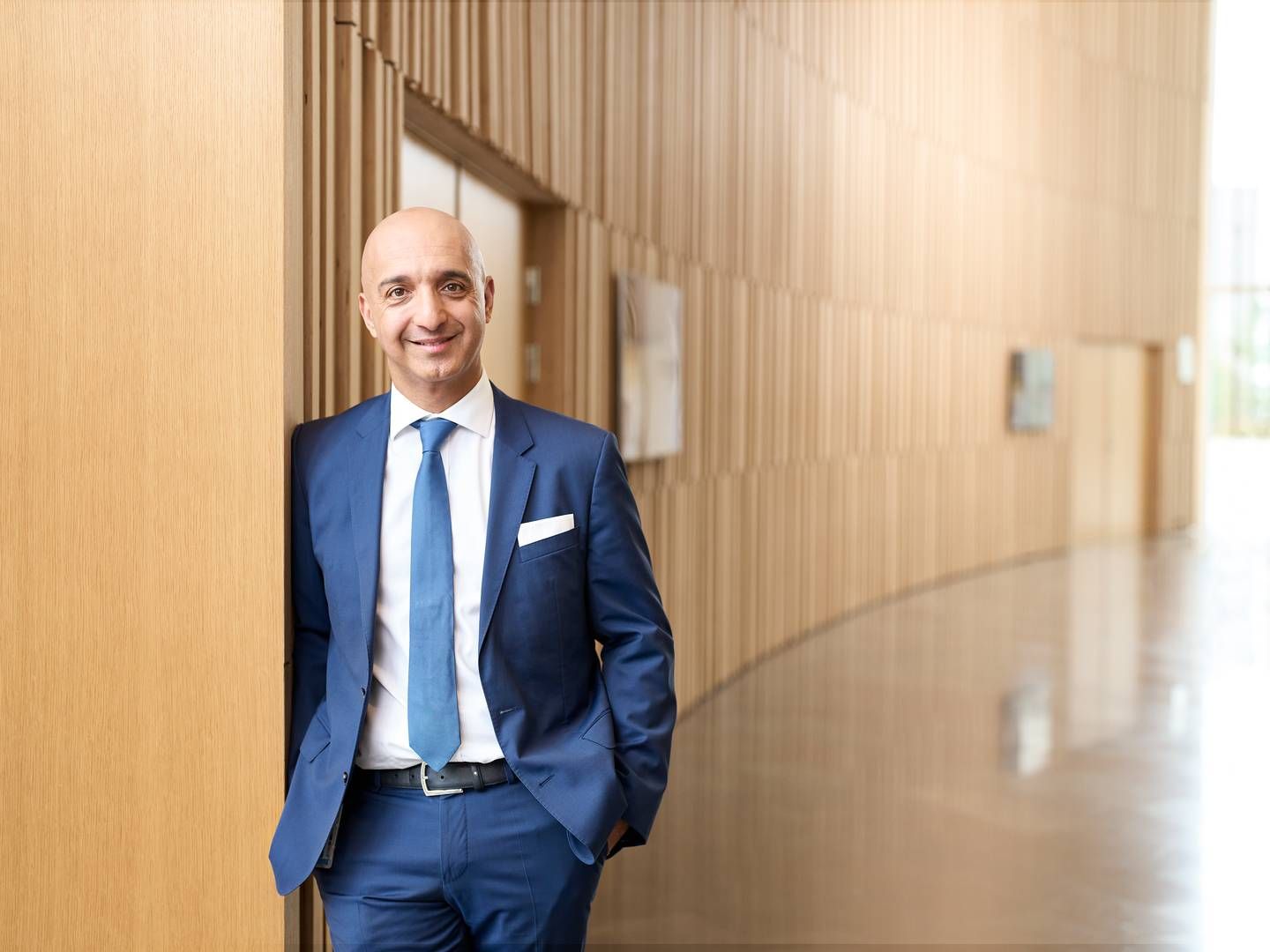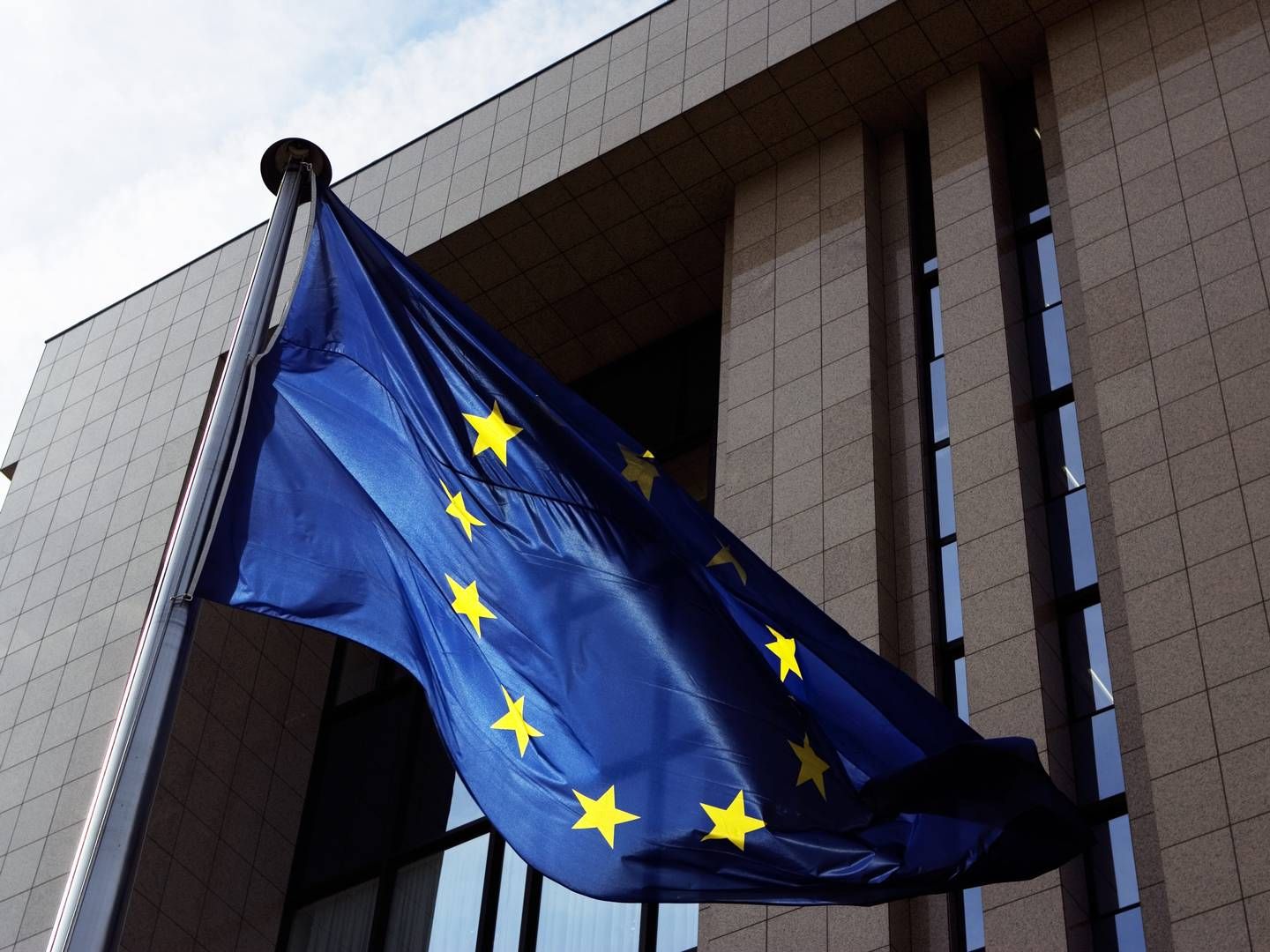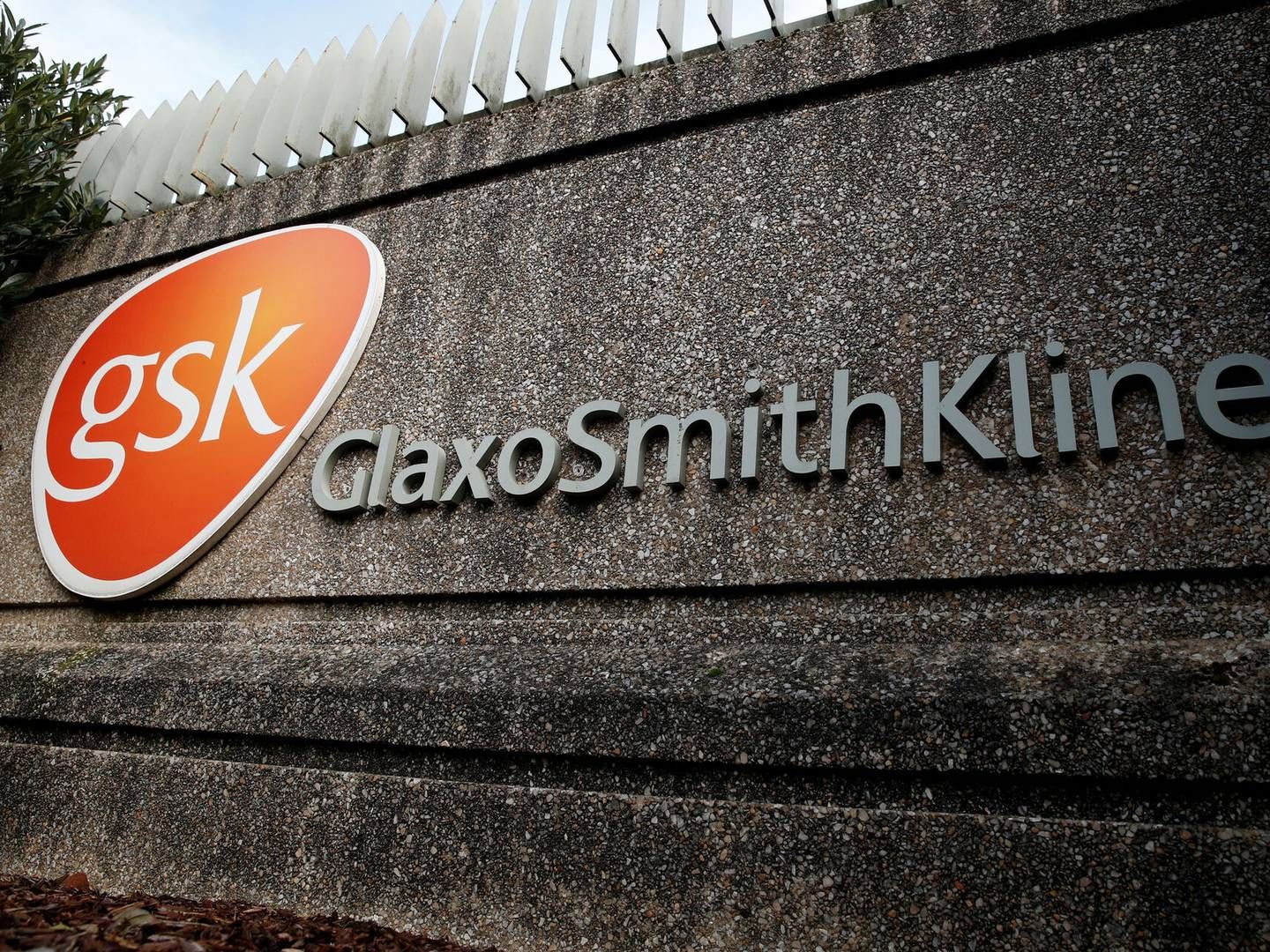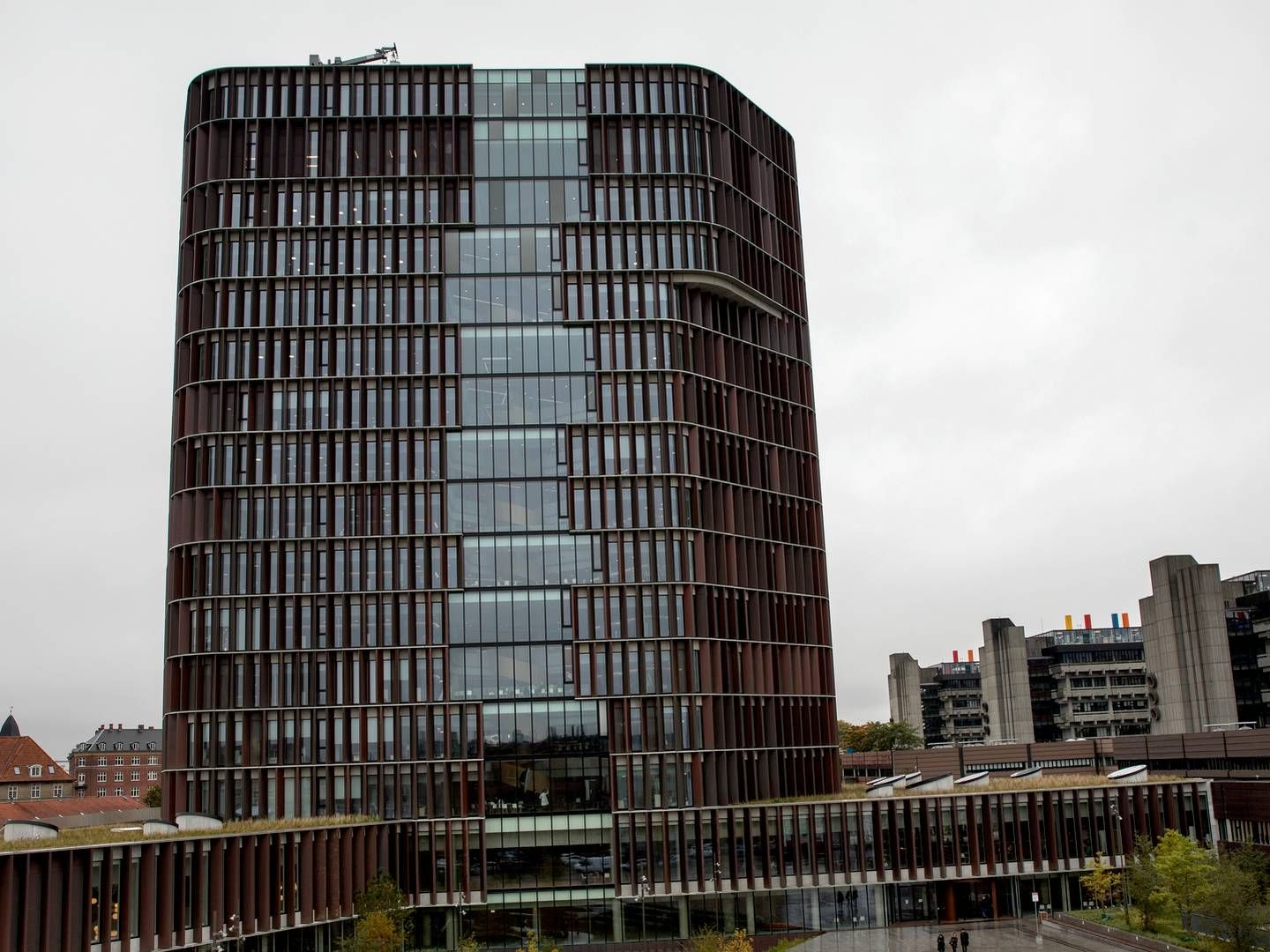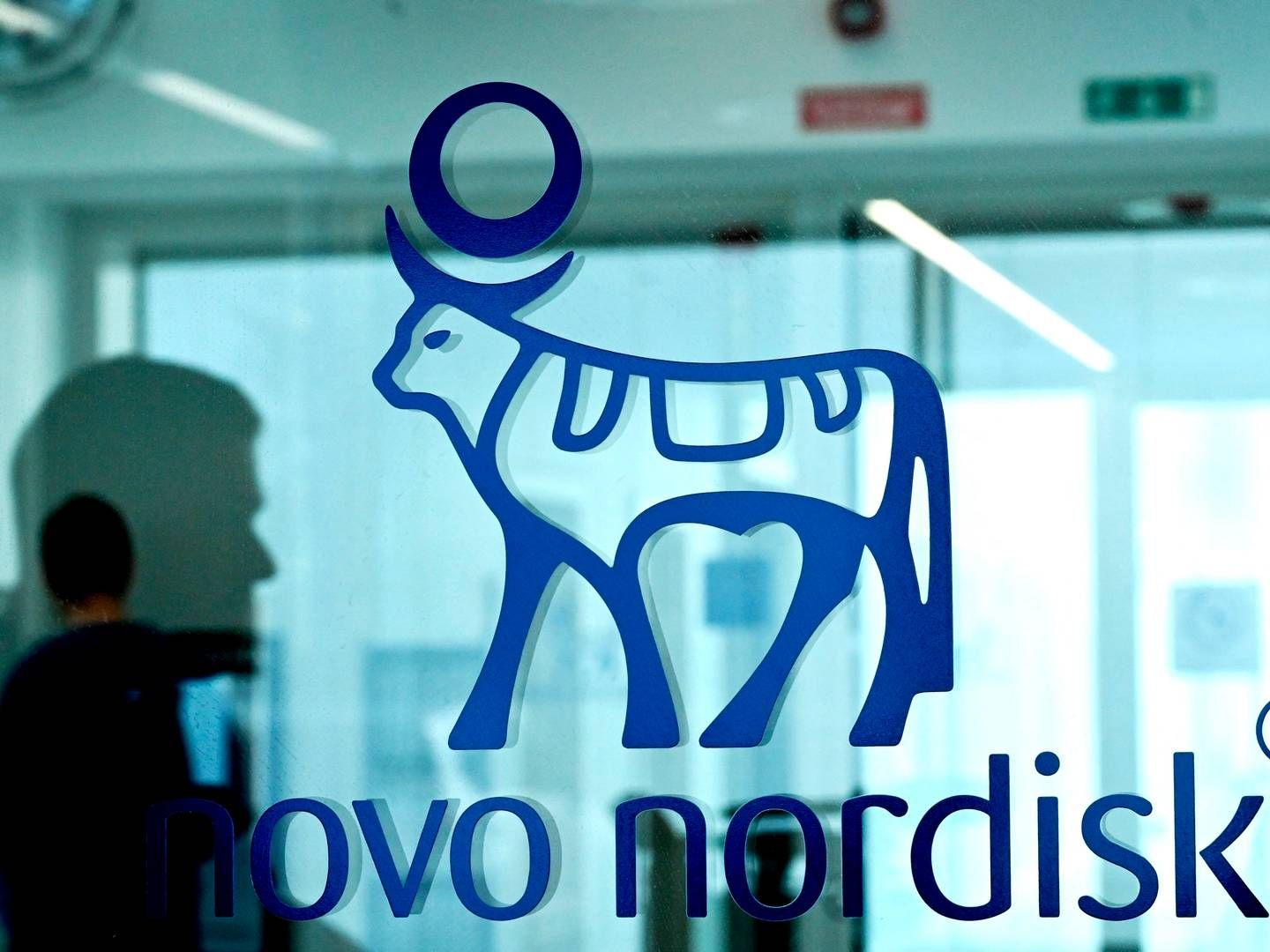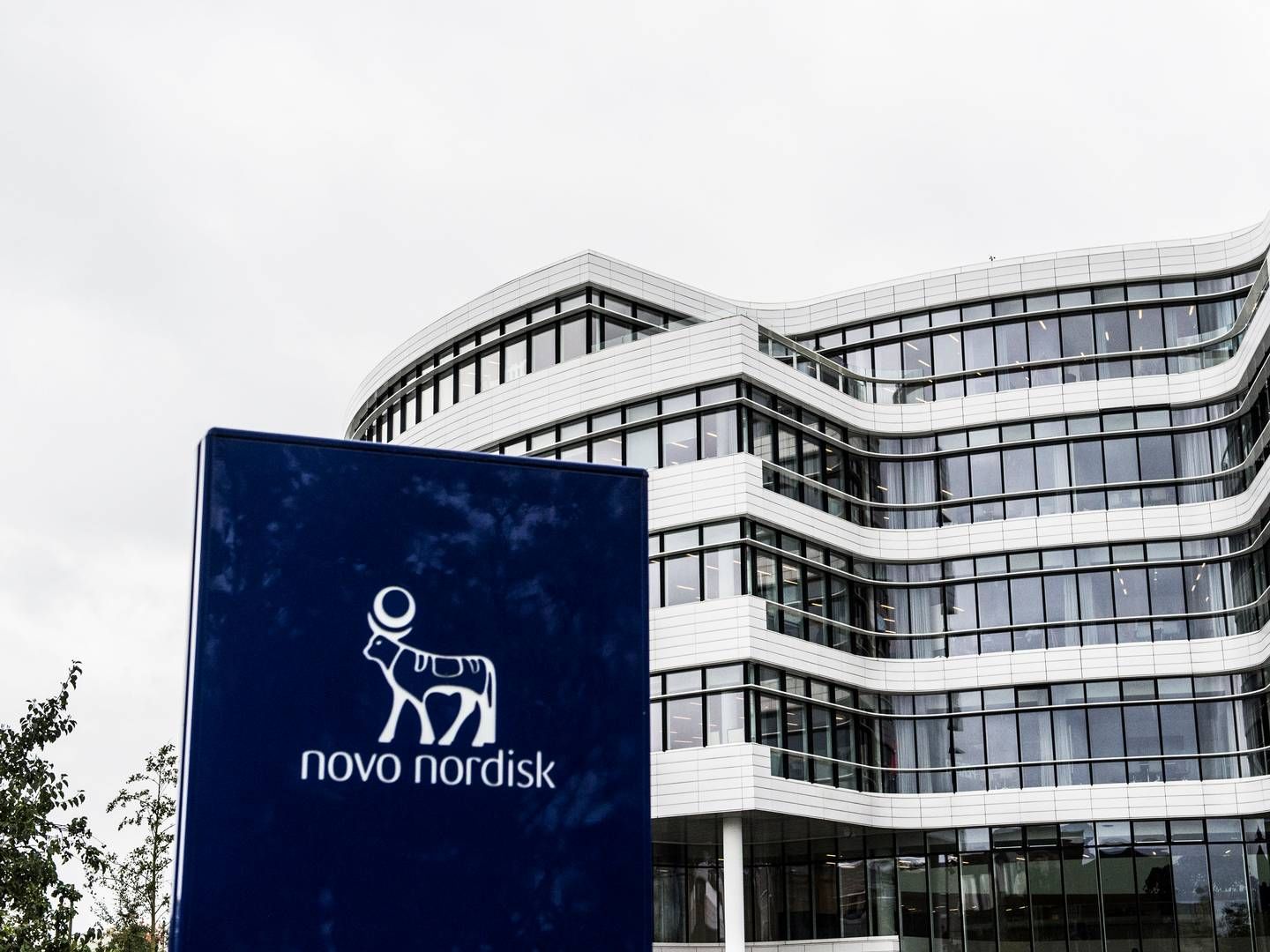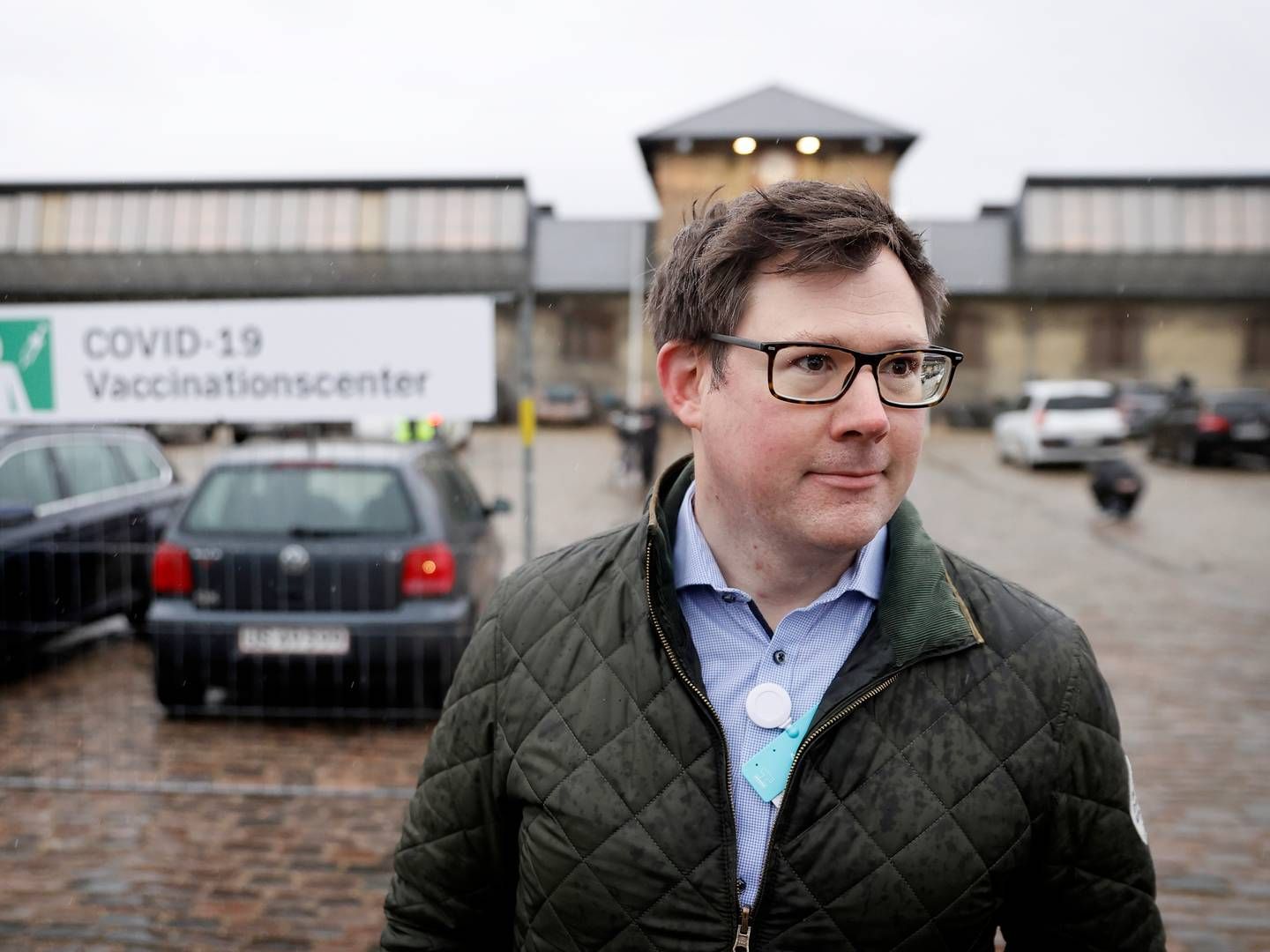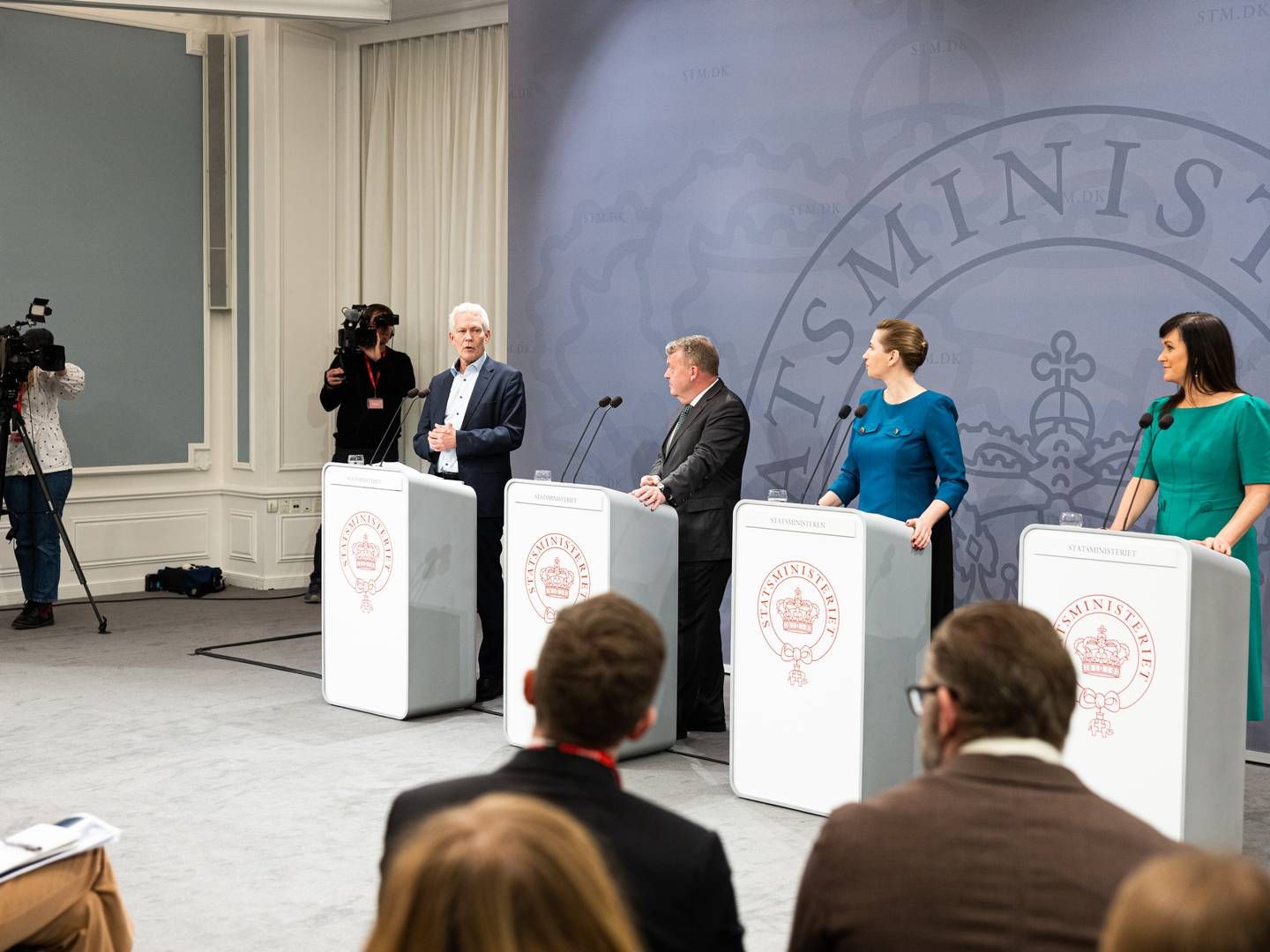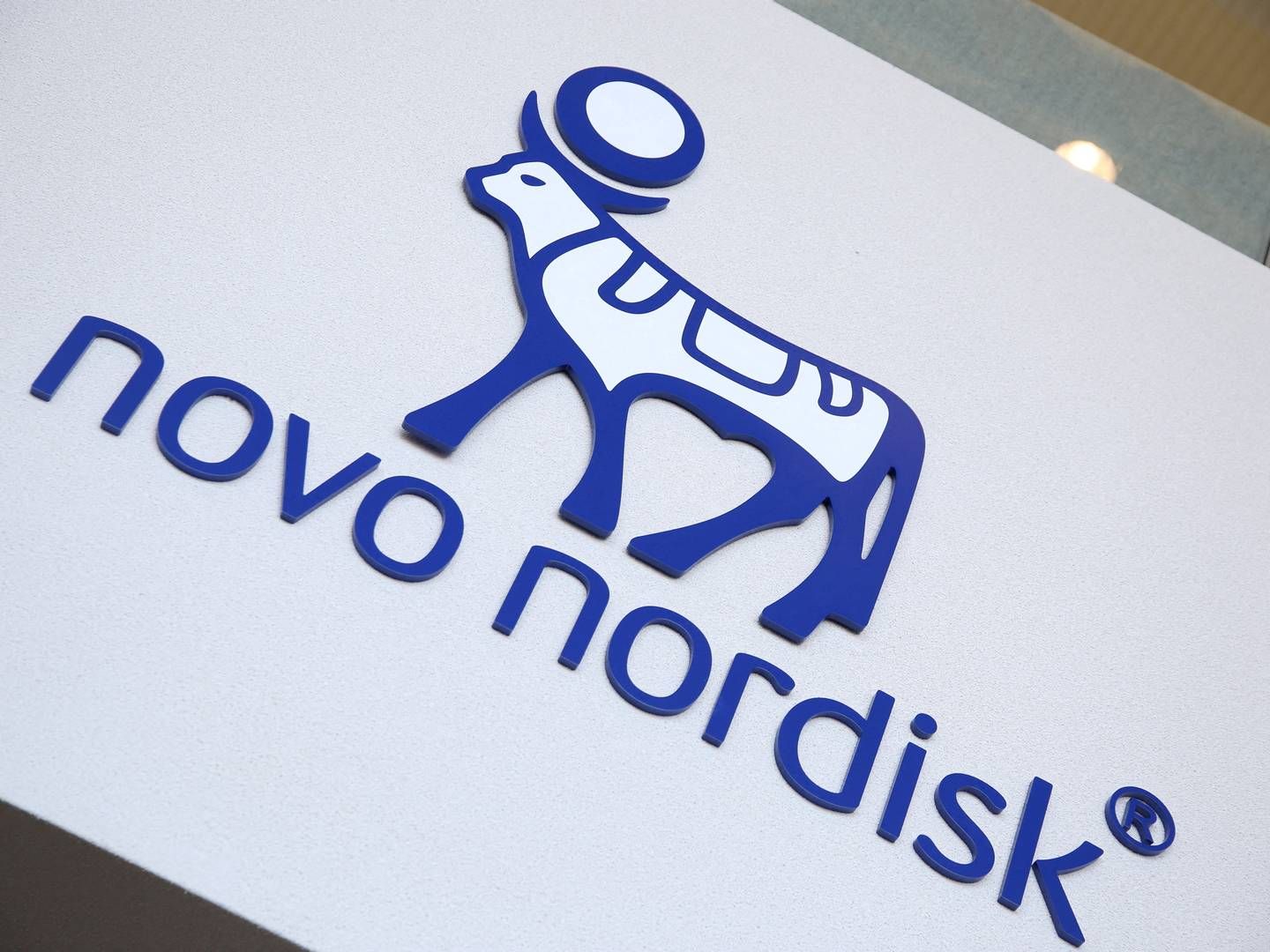Thirstrup: Golden tickets are discarded

Golden tickets have been discarded in connection with the many mergers and acquisitions in the drug industry in recent years.
That is the depressing assessment from Steffen Thirstrup chief advisor to the pharma and medtech industries, advisory board member, NDA Regulatory Services and former head of medicines approvals in Denmark.
“Without having knowledge of any specific cases, I imagine that recent years’ many mergers and acquisitions have led to a number of golden tickets being discarded,” he tells Medwatch.
Discarded
Steffen Thirstrup, who also has extensive experience with European regulatory processes, explains that “when two or more companies merge it has – in recent years – meant that the new organisation has rationalised and cut off certain projects.”
“Although they might have attempted to keep the best projects, you cannot rule out the possibility that some projects, which could have led to great drugs, have been discarded in the process. Hopefully these projects will see the light of day again when times are better or when the company has to seek out new opportunities,” he points out.
Have you experienced companies that make outright wrong decisions in the application process?
“Whether or not a decision is wrong depends on the eyes of the beholder. Large global corporations often think strategically and in very general terms. That could mean they prefer to cancel an application process in the EU because they expect to be turned down, rather than engaging in a dialogue with the authorities and maybe win approval – albeit for a more limited use – in the end.
Cultivating image
A decision like that is often made with ongoing applications in other jurisdictions in mind. And the decision is made on the basis of a lot of input from the marketing department which is looking out for the image of the company, should the EU say no initially. If the application is retracted, the drug will never benefit patients in the EU. So from the point of view of the patients it can be a wrong decision, which will of course also mean a lack of revenue in the EU.”
Which new tendencies do you see in the approval procedure - especially the EU, but also the rest of the world?
“Globalisation - An interest in adapting the approval processes to each other as much as possible in the ‘major’ areas, followed by an interest from countries and areas in growth, such as the BRICS countries, Singapore, and Malaysia in making agreements with EU, FDA, and TGA (Australia’s Therapeutic Goods Administration) concerning arrangements for mutual recognition. That means authorities in e.g. Malaysia approve drugs that are already approved in, say, the EU completely or partially on the basis of the EU approval.”
Integration of price and reimbursements
Thirstrup also anticipates a greater interest in integrating Health Technology Assessment (HTA) as a bigger part of the actual regulatory approval. HTA is a medical technology assessment and an assessment of the price/reimbursement.
“This is in recognition of increasing importance of the so-called fourth hurdle; price/reimbursement negotiations. An approval is not worth much in itself, if you cannot secure fair terms for price and reimbursements,” he explains.
- translated by Martin Havtorn Petersen
Want to receive the latest news from Medwatch straight in your e-mail inbox? Sign up for our free english newsletter below.



